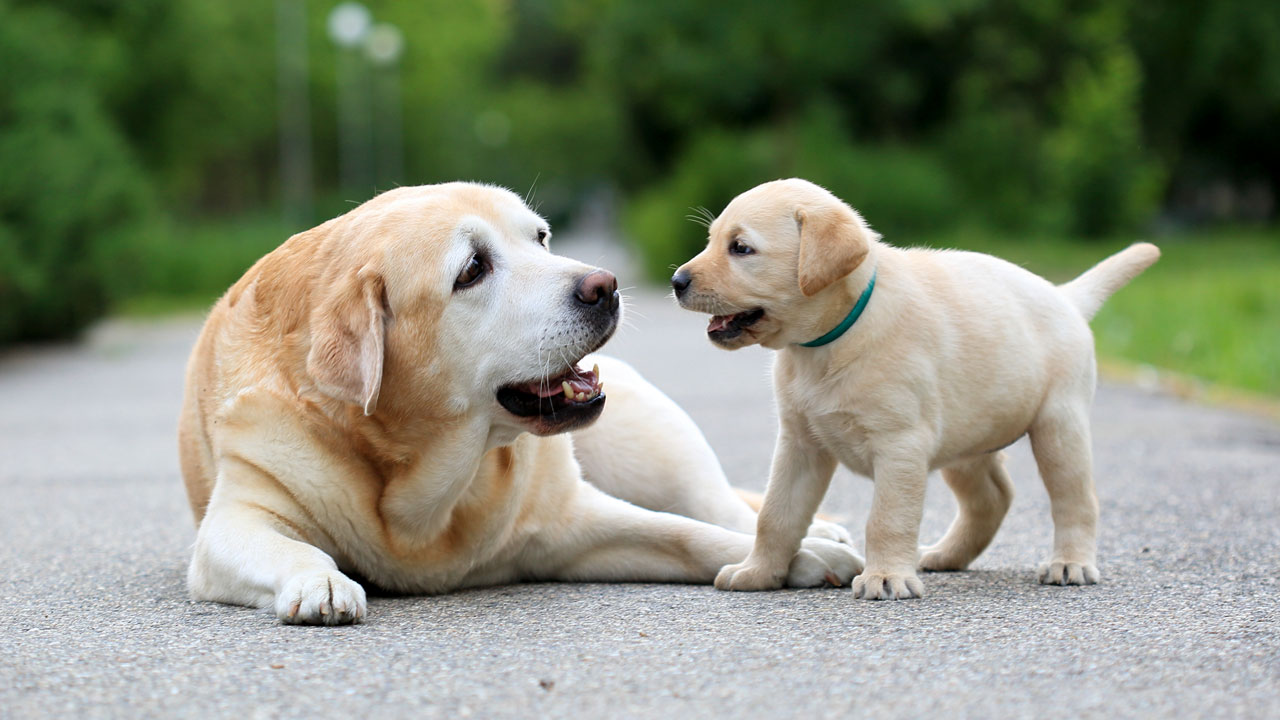Ever wondered about the myriad phases our canine companions journey through during their lives? Just like humans, dogs experience several life stages, each with its unique challenges and joys. Let’s delve into each stage and discover how we can make each one count.
Puppies: The Formative Years
Ah, puppies! Those bundles of boundless energy and joy. But this stage isn’t just about cute antics; it’s crucial for their development.
Nutrition
Feeding a growing pup is akin to nourishing a blooming plant. The right nutrients in the right amounts ensure healthy growth. High-quality puppy food, rich in proteins and essential nutrients, is vital during this stage. Remember the saying, “You are what you eat?” For puppies, it’s more like, “You grow how you eat.”
Training
Remember your first day at school? For puppies, every day is a learning day. Training isn’t just about commands; it’s about instilling good habits and manners. Consistent, positive reinforcement methods work wonders. Ever tried teaching a pup with a treat? It’s magic!
Adolescence: Finding Their Place
Teenage years, even for dogs, can be confusing. It’s a phase of identity, independence, and sometimes, a bit of rebellion.
Socialization
Ever felt awkward at a new gathering? Dogs can feel that too. Exposing adolescent dogs to various environments, people, and other animals can help them become well-rounded adults. Think of it like sending them to summer camp!
Health Monitoring
Dogs don’t have the luxury of telling us when they feel unwell. Regular check-ups, vaccinations, and being alert to any changes in behavior are crucial. It’s like keeping a protective eye on a teenager who thinks they know it all!
Adulthood: The Prime Time
This is the stage where dogs are often at their prime – physically active, mentally alert, and hopefully, well-adjusted.
Exercise Needs
Ever felt the urge to just run or dance? Dogs, especially during their prime, have loads of energy. Regular exercise, be it fetch or long walks, helps keep them healthy and happy. Imagine it as their daily gym session!
Diet Adjustments
Like a human adjusting their diet with age or activity level, adult dogs may need dietary changes based on their activity level or any health issues. Ever tried switching from pizza to salads? It’s about making healthier choices.
Senior Dogs: Golden Years
Old age in dogs is a phase of grace and slowing down, but it doesn’t mean they love any less.
Comfort Measures
Ever seen an old man with a walking stick? Older dogs might need their own versions of comfort, like orthopedic beds or easier access to their favorite spots. It’s about making their golden years truly golden.
Regular Vet Visits
Remember how you’d run to the doctor for every little sniffle in your senior years? Regular vet visits become even more critical for aging dogs. They might not complain, but their bodies often speak for them.
Age-related Diseases
From arthritis to vision problems, senior dogs can face various health issues. But with timely interventions and a lot of love, they can still enjoy a good quality of life. Ever heard of glasses making a world of difference for reading? It’s about those little adjustments.
Conclusion: Making Every Stage Count
From the playful leaps of a puppy to the gentle saunter of a senior, every stage in a dog’s life is unique and beautiful. By understanding and addressing their changing needs, we not only ensure their well-being but also strengthen the bond we share. After all, isn’t life all about making every moment count?
FAQs
- How often should I visit the vet during my dog’s senior years?
Regularly, at least twice a year, or whenever you notice any behavioral or physical changes. - Can adult dogs be trained, or is it only for puppies?
Absolutely! Dogs of any age can learn new things. It’s the approach that might need tweaking. - How do I know the right diet for my dog?
Consulting with your vet is the best way. They can guide you based on your dog’s age, activity level, and health. - Is it okay to switch dog food brands?
Yes, but it’s essential to transition slowly to avoid digestive issues. Imagine suddenly changing from your favorite meal to a new cuisine! - How much exercise does an adult dog need?
It varies with breed and individual dogs, but typically, at least 30 minutes to an hour of physical activity daily is good.













